Meth, sex toys: Qld tenants share experiences during housing crisis
Queensland tenants have exposed some of the horror stories of renting during a housing crisis, from finding crack pipes and adult toys under sinks to mushrooms growing from the carpet.
Property
Don't miss out on the headlines from Property. Followed categories will be added to My News.
Queensland tenants have exposed some of the horror stories of renting during a housing crisis, from finding crack pipes and adult toys under sinks to couches listed for $145 a week.
Common complaints include rampant mould, dodgy repairs, water damage, pest problems and nosy landlords turning up announced.
One tenant even reported mushrooms growing from their carpet, only to be ignored.
“A literal mushroom grew in the carpet and the landlord didn’t even acknowledge my text about it,” the former Taringa unit tenant revealed on shitrentals.org, a website dedicated to “giving power back to renters”.

Meanwhile, a landlord in Far North Queensland was recently slapped with a restraining order after stalking allegations made by a tenant were withdrawn.
A video shows police allegedly searching the house for hidden cameras.
MORE: Late PNG boss’ $7.3m Main Beach bolthole sold in one day
How much it will cost to buy near the ‘best beach in the world’
‘Aggressive’ investor market squeezing out local buyers
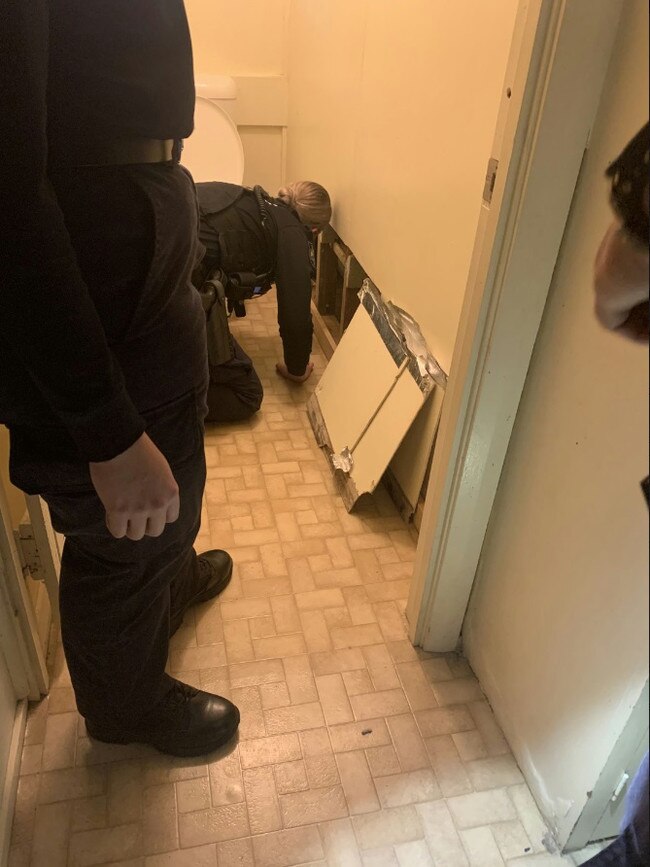
A Moorooka renter claimed their rental property “clearly used to be a crack house”.
“Found a bag of meth and a crack pipe behind the bathroom sink and a secret stash hidden behind a wall clock,” they wrote.
“Electrical wiring underneath the house was a nightmare and the walls were soundproofed by sticking old clothes under the panels.”
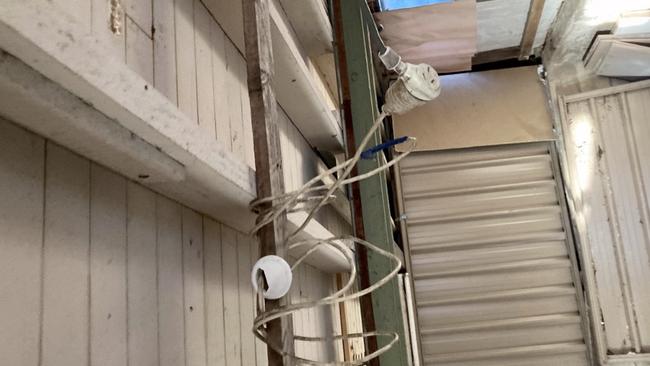
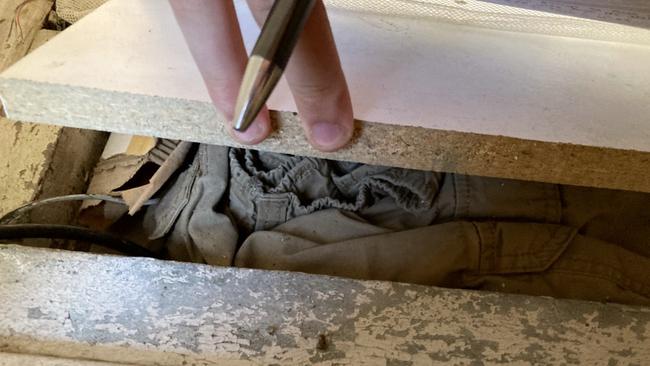
On the Gold Coast, a female tenant in Labrador said the owner would “continuously drive past and sit out front and monitor the house”.
While in Lawnton. a former tenant claimed that “rats, cockroaches, bats, possums, bin chickens and cats can and do enter if you open windows to get fresh air because (there is) no screens or aircon”.
And in Townsville, a tenant claims to have found a “used fleshlight” under the laundry sink.
Other issues reported by the former tenant included an exposed sewage drain, cockroach infestations and signs of forced entry on all doors.
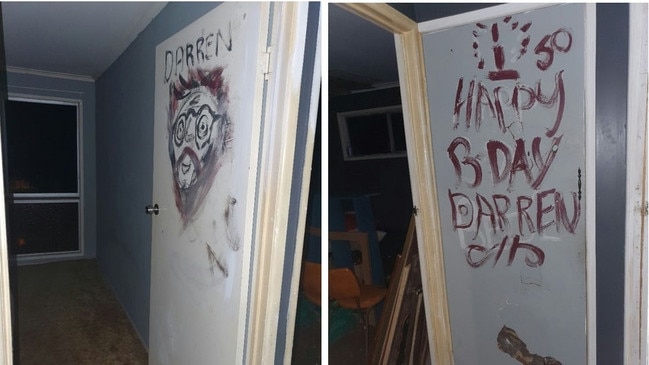
But it is not just social media exposing some of the antics of lousy landlords.
Listings also show that tenants are paying top dollar for rentals where everything from airconditioners to garages either do not work or have been locked off.
A three-bedroom house in Surfers Paradise is currently listed for $700 a week, but there is a catch: ‘Please note aircon DOES NOT WORK”. And it is a three month lease only.
A renovated three-bedroom house in Woodford has also been listed for $550 a week, however the “air conditioning units pictured have been decommissioned and do not work”.
Prospective tenants for a house in Woodridge, which is listed for $680 a week, will have to sweat it out as the airconditioner in the main bedroom “does not work and won’t be repaired or replaced”.
They will also be expected to pay rent two weeks in advance, according to the listing.
Meanwhile, for $145 a week including bills, one lucky female tenant can rent the “living areas sofa” in a shared apartment close to Brisbane’s Queen St Mall.
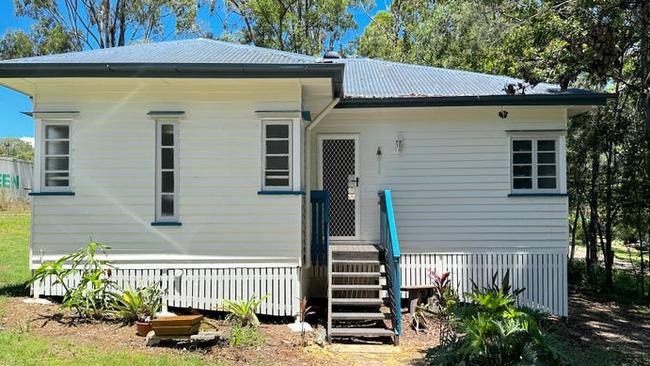
They will also need to share a bathroom with three other females, according to the listing.
Shitrentals.org founder Jordie van den Berg said the most jarring part of all were the listings that he had seen that were “lies and false advertising”.

“The description has nothing to do with the house or the photos are decades old, you rock up and it’s nothing like the photos, the places are objectively unsafe even in the old images,” he said.
“The listings don’t show you what it’s actually like living there or how the landlord may react to you asking for repairs to be done.
“They don’t tell you about the mould that may exist that’s been painted over.”
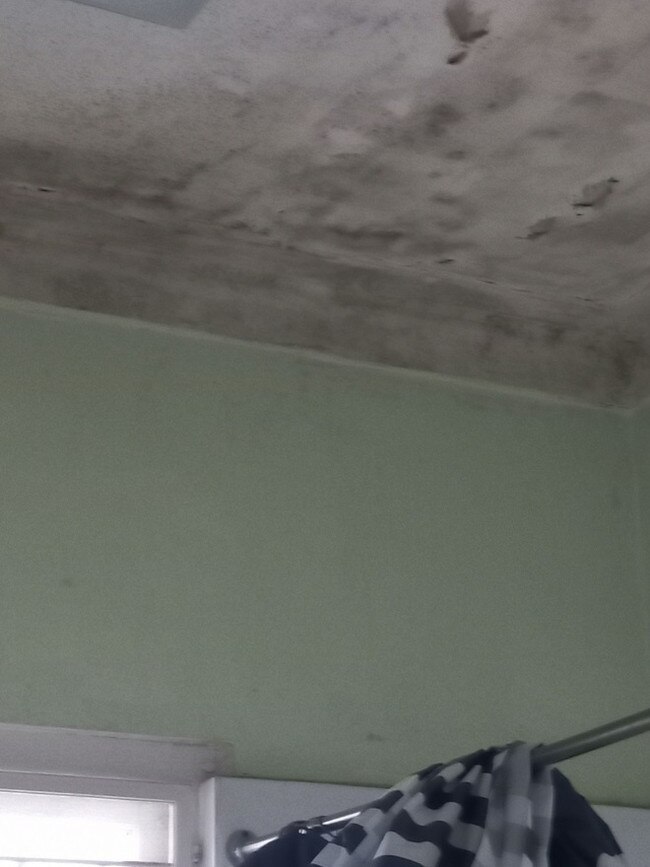
Tenancy agreements signed or renewed from September 1 last year must now meet “minimum housing standards”, which applies to traditional rentals, sharehouses and moveable dwellings.
They must be weatherproof and structurally sound, with fixtures and fittings in good repair, have functioning locks or latches, be free from vermin, damp and mould, include curtains or other window coverings, have adequate plumbing and drainage and be connected to hot and cold water that is suitable for drinking.
Bathrooms must be private and have flushable toilets connected to a sewer, septic tank or other waste disposal system, there must be a functioning cooktop and fixtures for a functional laundry.
A functioning airconditioner is not currently mandated in Queensland, despite the state’s often stifling summers.
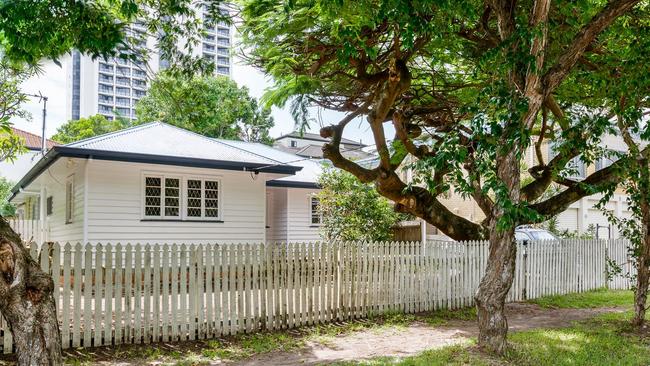
It comes after the Residential Tenancies Authority (RTA) conciliated 22,112 disputes between property managers/owners and tenants/residents in 2022/23, up 12.1 per cent on the previous year.
Of those, 76.3 per cent were resolved when all parties agreed to participate, an RTA spokeswoman said.
A total of 1360 disputes progressed to QCAT for a ruling.
The top three most common disputes between 2019 and 2023 were bond refunds (71.8%), repairs (8.2%) and ending a tenancy (6.1%).
A total of 308 investigations into complaints were finalised in 2022/23.
“Preliminary data for the 2023/24 financial year indicates similar trends with 203 investigations finalised this financial year to date (July 2023 to January 2024),” the spokeswoman said.
“Outcomes include the RTA issuing 17 monetary fines and 34 Notices of non-compliance.
“Trending offences include unlawful entry, non-lodgement of bonds, and failure to provide or keep documentation.”

Property Investment Professionals of Australia (PIPA) chair Nicola McDougall said 94 per cent of investors surveyed last year had reported much higher holding costs, mostly due to mortgage repayments.
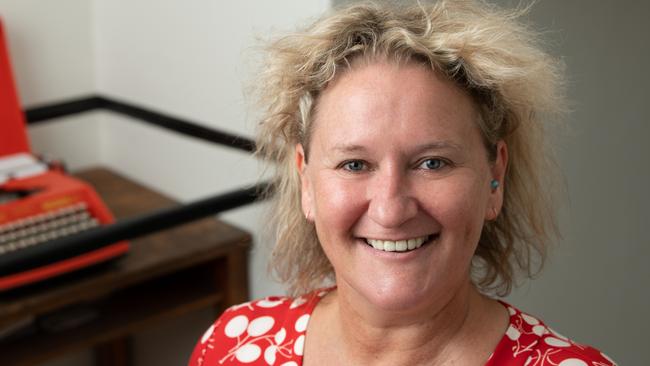
But she said tenants should never be afraid to approach property managers with their legitimate concerns or repair requests.
“Investors are legally required to adhere to minimum dwelling standards with educated investors also recognising the value of having properties in excellent condition as well as with all the mod cons to attract, and keep, long-term tenants,” she said.
“The vast majority of investors own a single property which they hope tenants will respect and treat as their home over the long-term.
“Property investment is a symbiotic relationship between investors and tenants. One simply cannot exist without the other.”




